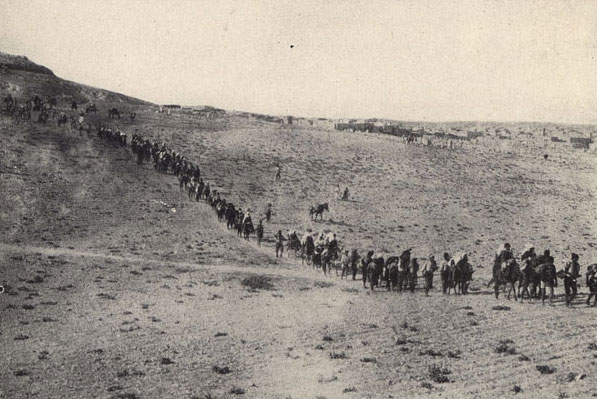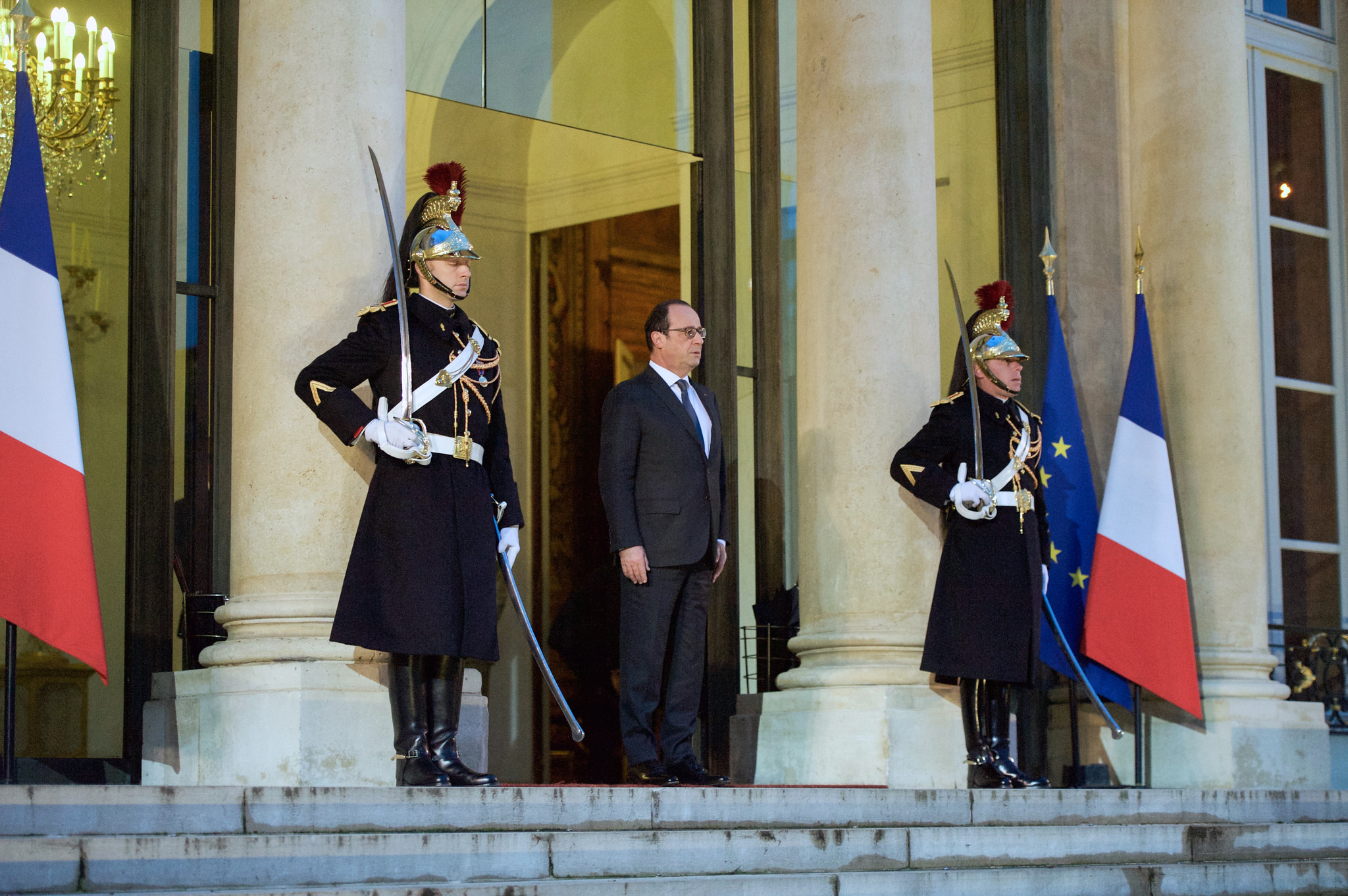
The idea for today’s puzzler comes from my good friend Luke Condra at the University of Pittsburgh. Wednesday President Obama announced a major shift in the way the United States would use and control of drones. After years of carefully guarding information about the program, Obama has agreed to three significant changes. First, the United States would sharply limit the use of unmanned drones outside of overt war zones, limiting their use in key strategic places like Pakistan, Yemen, and Somalia. Second, control over the program would shift from the CIA to the Department of Defense. Third, Obama agreed to provide new information to Congress and the public about the rules governing attacks on Al Qaida and its allies.
So today’s puzzler is this: Why did Obama decide to make these changes? Why now? And what effect do you think it will have on US behavior?
Last week I asked what caused Google to recognize Palestine. None of the comments specifically addressed the question, so I’m on my own on this one. I think there are three reasons why Google recognized Palestine. The first has to do with public opinion about a Palestinian state. It is now clear that a majority of people around the world (including in the United States and Israel) support an independent state for the Palestinians. The only two players who do not support it are a small minority of Americans and right wing parties in Israel, meaning that the vast majority of Google’s customers support recognition. So, probably not a bad business move.
Still, that doesn’t explain why Google CEO Larry Page would want to get involved in such a controversial political issue. Why not simply keep quiet? I think Google decided to recognize Palestine because Larry Page believes that Israel should recognize it. My sense is that Larry Page has a strong opinion on what Israel should do with the occupied territories and he’s letting his preference be known. But there’s a third factor that probably played a role in his decision. Larry Page’s mother is Jewish, and Google co-founder Sergey Brin is of Russian-Jewish heritage. As anyone who has been to Israel can attest, Israelis are far more critical of Israel’s government than most anybody you know. Not only was Page perhaps willing to criticize current Israeli policy toward the Palestinians, but he was likely insulated somewhat from censure because of his heritage. Had the founder and CEO of Google been a Protestant from Iowa or a Muslim from Indonesia, I doubt the logo would have changed.







0 comments
What the hell changes has he made. Do you take seriously this incompetent Presidens word on this matter. You must be joking. NUFSED.
I think this announcement by the Obama administration is an attempt to signal to other governments that the U.S. will exercise a greater level of restraint in the use of force in its “war on terror.” The administration may be worried about how the unrestrained use of drones may be perceived by other governments and wants to send a signal that it will, in the future, act within a stricter set of limits. Announcing this change publicly also helps to make the signal costly by raising the possibility of domestic audience costs if the U.S. does not follow through on its commitments. To put it in the language of IR theory, by tying their own hands, the U.S. is send a costly signal to other governments about its status quo intentions. This may be in order to reassure key allies like Pakistan, but it may also be an attempt to elicit similar restraint from other governments in the future as they develop their own lethal drone capacity.
That this announcement is directed less towards a domestic audience and more towards an international one is supported by the fact that the U.S. public seems largely unconcerned about the use of lethal drone attacks.
http://www.washingtonpost.com/blogs/wonkblog/wp/2013/03/10/most-americans-approve-of-foreign-drone-strikes/
The continued use of drone attacks, in other words, creates few domestic political costs for the administration, but it may be creating larger international political costs by generating resentment and distrust of U.S. intentions.
As to the timing, this policy shift has been in development for some time, but it is not unimportant that the announcement came shortly after the elections in Pakistan, where the U.S.’s use of targeted drone killings in eastern Pakistan has generated a lot of popular animosity towards the Pakistani government and the U.S.